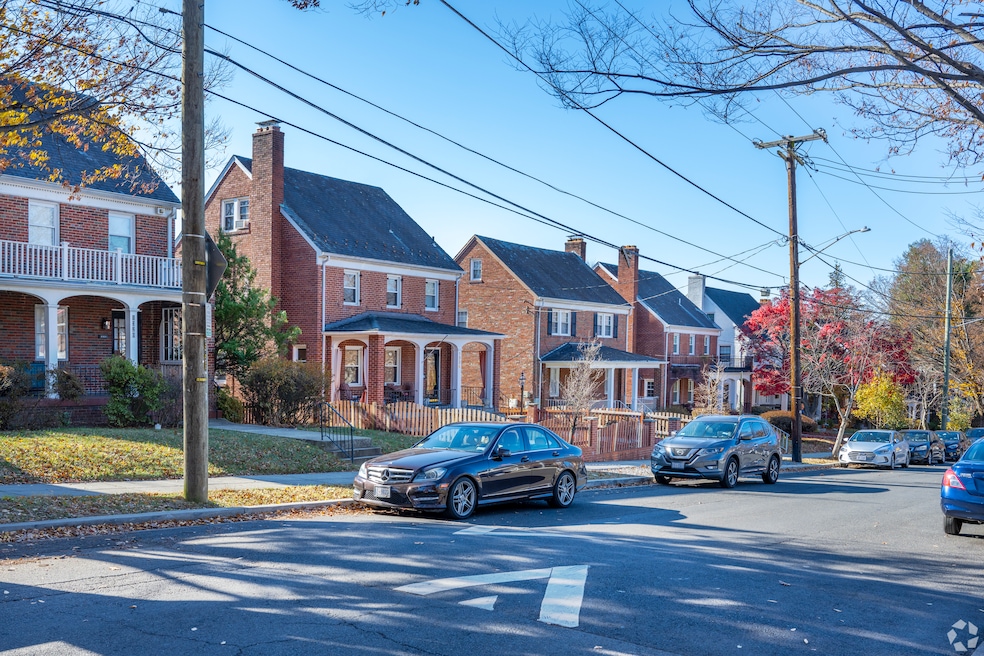The capital gains tax on real estate, which the U.S. government levies on people selling their homes, drew attention last week when President Donald Trump mentioned he would be open to getting rid of it.
He wasn’t the only elected official thinking about this issue. Two members of Congress have introduced bills this year to either end the tax or raise the sale price threshold at which it kicks in. The problem with the tax, legislators say, is that as home prices have rapidly risen in the past few years, more and more sellers are now subject to it. Along with high mortgage rates, the threat of the tax is another reason people may be reluctant to put their homes on the market.
The issue affects individuals and married couples who file their taxes separately and sell a home for at least $250,000 more than they bought, excluding the cost of certain home improvements like a new deck. Married couples who file jointly aren’t subject to the tax unless they net at least $500,000 from a sale. More than a third of homeowners could be subject to the tax if they sold their homes today, according to the National Association of Realtors.
“We welcome any serious proposal that addresses the outdated capital gains thresholds hurting American homeowners. This is no longer just a concern for higher-end properties,” NAR executive vice president Shannon McGahn said in a statement last week.
An owner must have lived in their home for at least two of the most recent five years to be eligible for the $250,000 or $500,000 tax exclusion, according to the Tax Foundation, a nonprofit research group.
U.S. Rep. Marjorie Taylor Greene (R-Georgia) filed a bill this month to eliminate the tax. Legislation Rep. Jimmy Panetta (D-California) filed in February would double the tax exclusions to $500,000 for individuals and $1 million for joint filers and adjust them upward annually to account for inflation. The government established these thresholds in 1997.
Panetta said in a statement about his legislation that it “will enable more people to sell their homes, downsize if they choose, and retain the savings they’ve built over a lifetime.”
Sellers who are subject to the tax pay according to their income level. A married couple filing jointly with an income of more than $583,750 would pay a tax of 20% on the money they pocketed from their home sale, according to the Internal Revenue Service’s 2024 figures. A single person who makes more than $518,900 would also pay at that rate. Rates of zero to 15% apply to people with lower incomes.
Wealthier sellers would benefit
Most people who would benefit from adjusting the capital gains tax on real estate are relatively wealthy, with an average net worth in 2022 of $5.7 million, according to an analysis this month by Yale University’s Budget Lab. Their average tax savings would be about $100,000.
One real estate expert said it’s difficult to know the effect of ending or changing the capital gains tax on the housing market.
“It would stimulate a lot of people to put their homes on the market, because a lot of them are in or near retirement and [currently] face a significant tax,” Ken Johnson, a professor at the University of Mississippi’s business school, told Homes.com. “That should increase the supply of homes and lower prices. However, you’re also increasing the demand for homes, which should put upward pressure on prices.”
High-cost states where owners would see the most benefit from adjusting the tax exclusion upward include California, where about 29% of existing home sales in the last three months of 2023 involved capital gains above $500,000, according to a report last year by research firm Cotality. This was also true of more than 20% of sales in Hawaii and Washington, D.C.
Homeowners can reduce their capital gains tax exposure by tallying up the cost of improvements they made to their home. While a new deck or some other type of addition qualifies, maintenance or replacing existing items would not. Fees and closing costs a homebuyer paid such as title insurance and transfer taxes, which can add up to several thousand dollars, can also be factored in because they were not part of the purchase price.

